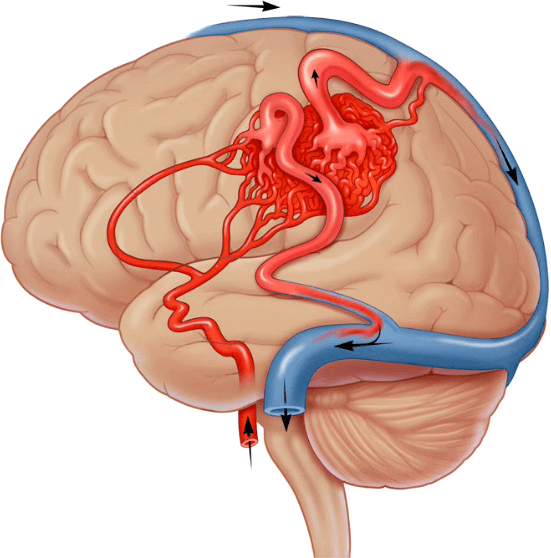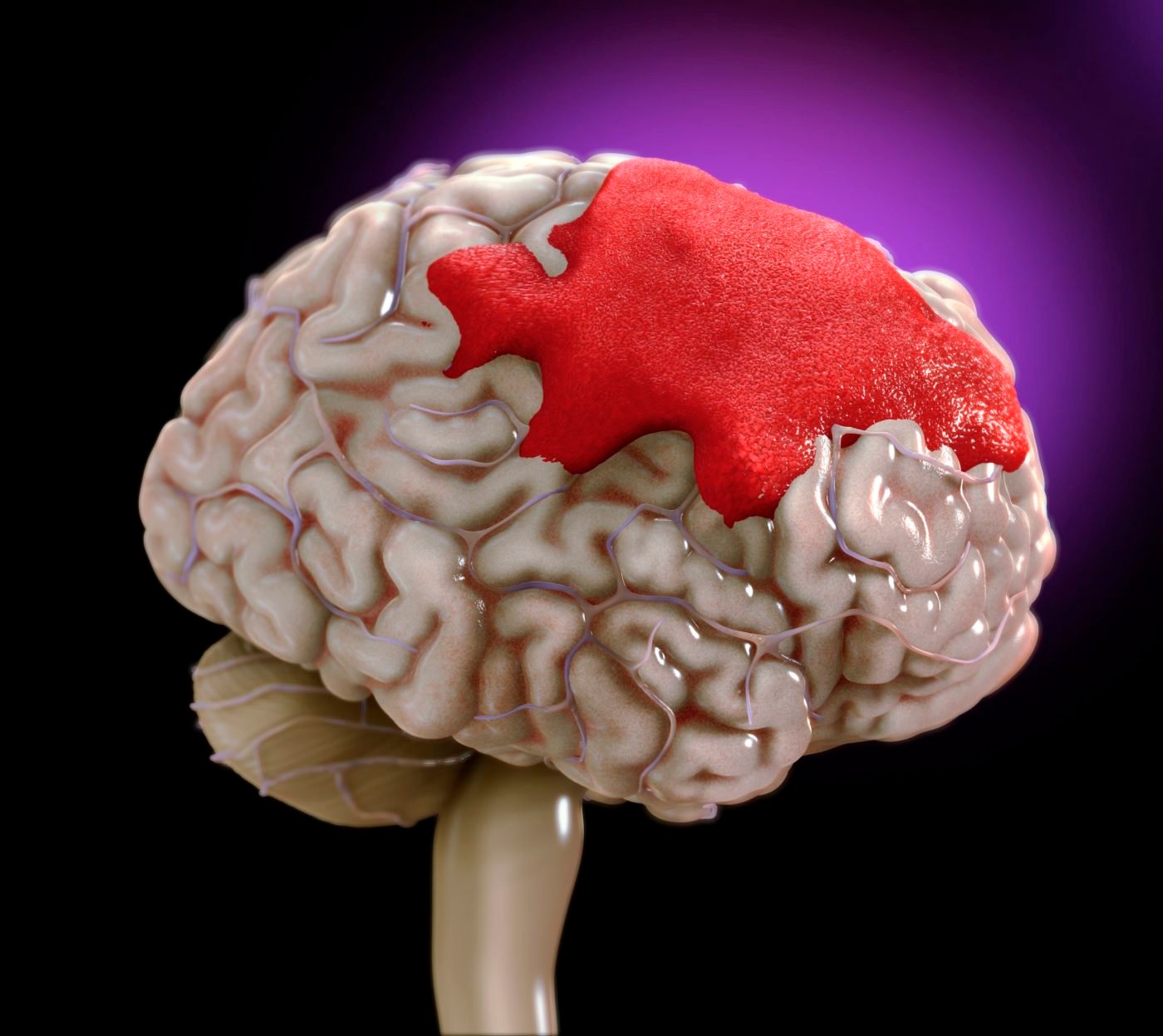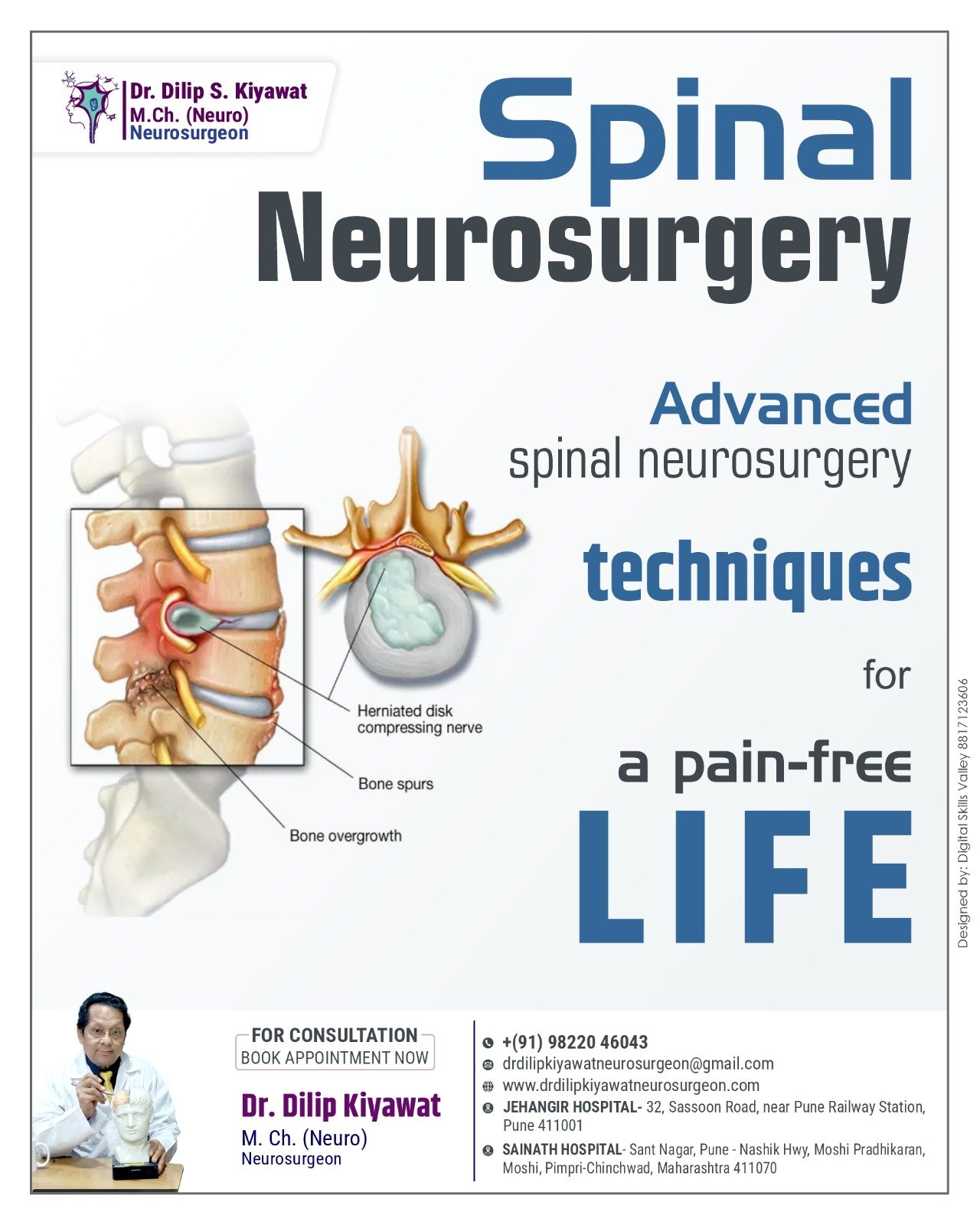Spinal issues can be debilitating, affecting every aspect of daily life. The spine is the backbone of our body, quite literally, and any issues in this crucial structure can lead to significant pain and mobility challenges. This is where advanced spinal neurosurgery techniques come into play, offering hope and healing to those suffering from spine-related ailments. One notable expert in this field is Dr. Dilip S. Kiyawat, a highly respected neurosurgeon based in Pune, known for his expertise in spinal neurosurgery.
Meet Dr. Dilip S. Kiyawat
Dr. Dilip S. Kiyawat is a distinguished neurosurgeon with an impressive educational and professional background. Holding an M.Ch. In neurosurgery, Dr. Dilip S. Kiyawat specializes in the treatment of various neurological disorders, with a particular focus on spinal conditions. His extensive experience and dedication to patient care have made him a trusted name in Pune and beyond.
Understanding Spinal Conditions
The spine is a complex structure composed of bones (vertebrae), intervertebral discs, nerves, and muscles. It provides support, enables movement, and protects the spinal cord. However, due to various factors such as aging, injury, or degenerative diseases, spinal conditions can arise. Common spinal issues include:
- Herniated Discs: Occurs when the soft inner material of a disc protrudes through a tear in the outer layer, pressing on nearby nerves and causing pain.
- Spinal Stenosis: A narrowing of the spinal canal, which can compress the spinal cord or nerves, leading to pain, numbness, or weakness.
- Spondylolisthesis: When one vertebra slips forward over the one below it, causing pain and potentially compressing nerves.
- Degenerative Disc Disease: The wear and tear of intervertebral discs over time, leading to pain and reduced mobility.
Advanced Spinal Neurosurgery Techniques
Dr. Dilip S. Kiyawat employs a range of advanced techniques to address these and other spinal conditions. These techniques are designed to minimize pain, reduce recovery time, and improve overall outcomes for patients. Here are some of the key procedures:
1. Minimally Invasive Spine Surgery (MISS)
Minimally Invasive Spine Surgery involves smaller incisions and less disruption to surrounding tissues compared to traditional open surgery. This approach reduces the risk of complications, decreases postoperative pain, and speeds up recovery. Techniques under MISS include:
- Microdiscectomy: A procedure to remove herniated disc material that is pressing on a nerve root or the spinal cord.
- Endoscopic Spine Surgery: Utilizing an endoscope to perform surgery through small incisions, providing the surgeon with a clear view of the operative area.
2. Spinal Fusion
Spinal fusion is a surgical technique used to join two or more vertebrae together, eliminating motion between them and providing stability. This procedure is often used to treat conditions such as spondylolisthesis, scoliosis, or severe degenerative disc disease. Modern advancements include the use of:
- Anterior Lumbar Interbody Fusion (ALIF): Accessing the spine from the front of the body to remove the disc and place bone grafts or implants.
- Transforaminal Lumbar Interbody Fusion (TLIF): Accessing the spine from the side to remove the disc and insert bone grafts or implants.
3. Artificial Disc Replacement
For patients with severe disc degeneration, artificial disc replacement can be a viable alternative to spinal fusion. This procedure involves replacing the damaged disc with a prosthetic one, preserving motion in the spine and reducing the risk of adjacent segment degeneration.
4. Laminectomy
A laminectomy involves the removal of a portion of the vertebra called the lamina to relieve pressure on the spinal cord or nerves. This procedure is often used to treat spinal stenosis.
5.Personalized Patient Care
Dr. Dilip S. Kiyawat’s approach to spinal neurosurgery is patient-centric, ensuring that each patient receives personalized care tailored to their specific condition and needs. From initial consultation to postoperative care, Dr. Dilip S. Kiyawat and his team prioritize patient comfort, understanding, and optimal outcomes.
Contact Information and Locations
For those seeking expert spinal care in Pune, Dr. Dilip S. Kiyawat’s clinics offer convenient locations and comprehensive services:
- Phone: +91 9822046043
- Email: drdilipkiyawatneurosurgeon@gmail.com
- Website: www.drdilipkiyawatneurosurgeon.com
- Sainath Hospital
- Address: Sant Nagar, Pune – Nashik Hwy, Moshi Pradhikaran, Moshi, Pimpri-Chinchwad, Maharashtra 411070
- Jehangir Hospital
- Address: 32, Sassoon Road, near Pune Railway Station, Pune 411001
Booking an appointment with Dr. Dilip S. Kiyawat can be the first step towards a pain-free life. His expertise in advanced spinal neurosurgery techniques ensures that patients receive the highest standard of care, helping them regain mobility and improve their quality of life.
Conclusion
Spinal conditions can significantly impact one’s quality of life, but advanced spinal neurosurgery techniques offer hope and relief. Dr. Dilip S. Kiyawat‘s expertise and dedication to patient care make him a top choice for those seeking effective treatment for their spinal issues. With his state-of-the-art techniques and patient-centered approach, Dr. Dilip S. Kiyawat helps patients achieve a pain-free life and return to their daily activities with renewed vigor.
If you or a loved one is struggling with spinal problems, consider consulting with Dr. Dilip S. Kiyawat to explore the best treatment options available. With the right care and advanced surgical techniques, a pain-free life is within reach.








